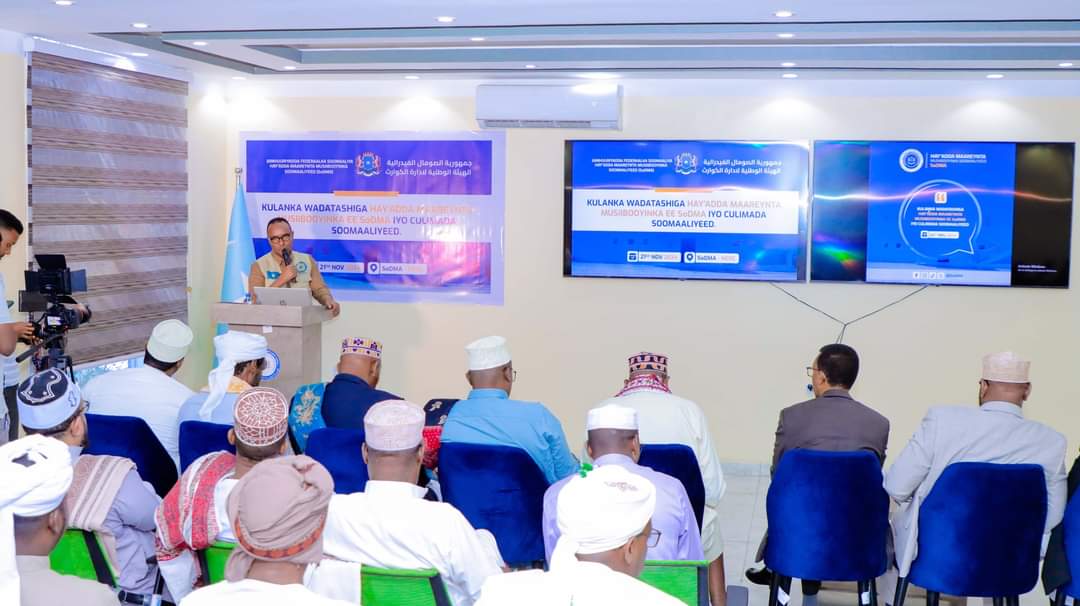Nairobi — Kenya Electricity Generating Company (KenGen) has announced plans to add 40 megawatts (MW) of geothermal power to the grid after the German Chancellor launched an uprating project of KenGen’s Olkaria I Additional Unit 4, 5, and Olkaria IV geothermal power plants.
The project which is expected to take a period of 28 months seeks to increase capacity of two power stations from the current combided total of 300MW to 340MW.
The additional 40MW will not only scale up geothermal energy but also cushion Kenyans against the rising cost of power.
The announcement was made during German Chancellor Olaf Scholz’s state visit to Kenya as he toured the KenGen Olkaria geothermal field on Saturday.
The 340MW geothermal uprating project has been financed by the German government and will entail the replacement of existing turbine rotor with new-designed blades, which will add 10MW to each unit of Olkaria I Additional Unit 4, 5, and two units of the Olkaria IV power plants, amounting to additional 40MW.
The German Chancellor said Olkaria is an expression of Kenya’s strong leadership in climate protection and a testimony of Germany and Kenya’s cooperation.
“Kenya and German have entered a climate and development partnership to support Kenya in reaching a 100 per cent renewable energy and to support the country’s adaptation to climate change,” the Chancellor Scholz said.
He said that geothermal power can be used for green hydrogen production to aid local production of fertilisers which will help Kenya establish new revenues as well as cut cost of production to support growth of local agribusiness.
KenGen Ag. Managing Director and CEO, Abraham Serem, said that KenGen’s geothermal journey has been made possible through the support of Germany’s KfW in collaboration with other development partners.
Kenya is ranked at position seven globally in geothermal exploration and development, out of which over 90 per cent is generated by KenGen.
So far, the company has drilled more than 320 geothermal wells within the Olkaria field, establishing a robust, sustainable footprint in Kenya, and has made inroads in several African countries such as Ethiopia, and Djibouti.
Kenya has been ramping up investments in clean energy notably geothermal, wind and solar in a bid to ensure the supply of cheaper power besides cutting pollution of the environment from fossil fuels.
Geothermal accounts for nearly a third of Kenya’s installed capacity at 953.7 megawatts (28.04 percent), followed by hydro at 25 percent.
Wind and solar account for 12.82 percent and 7.83 percent respectively as of December 2022.









